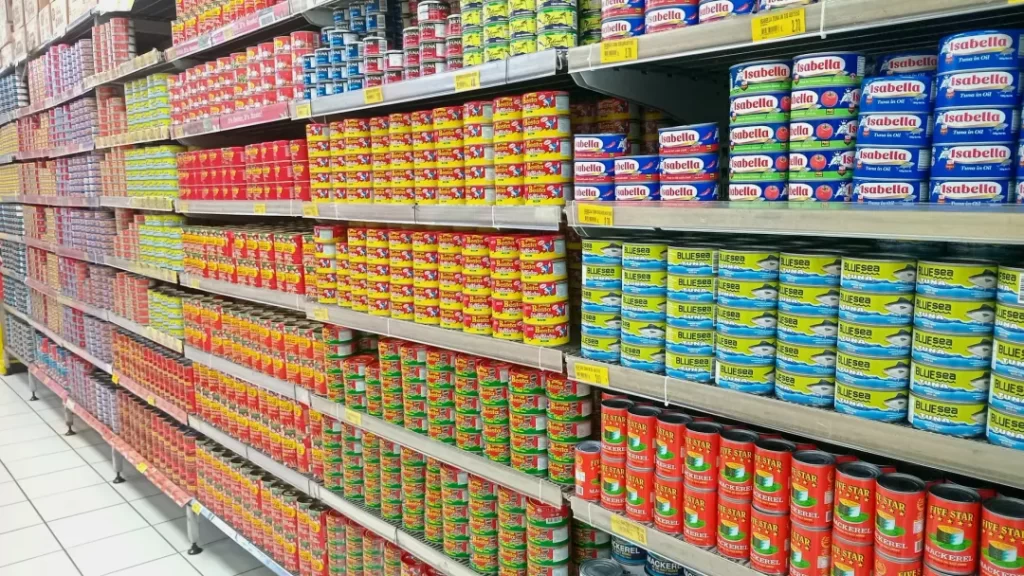The Government of Papua New Guinea officially implemented a new Goods and Services Tax (GST) policy on June 1, exempting 13 essential household items from the standard 10% GST rate. This “zero-rated” tax initiative aims to ease the rising cost of living for ordinary citizens. Businesses in Lae, the country’s second-largest city, are gradually adjusting to the new regulation.
According to the Internal Revenue Commission (IRC) office in Lae, the first round of market inspections began this Wednesday and Thursday, focusing on key commercial areas including Eriku, Kamkumung, Backroad, Snack Bar, Miles, Bumayong, Chinatown, and surrounding districts. The inspection campaign will continue until July 1.
Hazel Aikung, Acting Regional Supervisor for the Momase Region of IRC, stated that while some businesses have already adjusted their prices according to the new policy, others have not yet fully implemented the changes.
“Some small shops have made adjustments, but only for a portion of the 13 tax-exempt items,” Ms. Aikung said. “During our inspection, we provided them with information about the policy and advised them to comply as soon as possible.”
It is understood that major retailers such as Papindo, Raumai, Andersons, SVS, and Food Mart have fully implemented the “zero-rated” pricing. However, many small retail shops—particularly those run by Chinese business owners—are still in the process of adapting, largely due to limited understanding of the new policy.
Ms. Aikung explained that due to the limited number of inspection officers in Lae, the current inspections have been concentrated in densely populated areas, especially those near public transportation hubs. “We have to prioritize shops with the highest customer flow,” she noted.
The 13 GST-exempt goods include essential daily necessities such as rice, canned fish, flour, and cooking oil. The government hopes this policy will directly ease the financial burden on average households. Public response to the initiative has been generally positive.
One freelance mother, who asked to remain anonymous, shared her thoughts during an interview in Eriku:
“This GST reduction policy really helps us. It allows us to save money that we can spend on other things our children and families need. Now, every time I shop for a basket of groceries, I save over 10 Kina.”
At present, the IRC is focusing on education and awareness, encouraging merchants to comply with the policy. Starting July 1, the IRC will join forces with the Independent Consumer and Competition Commission (ICCC) and other relevant authorities to conduct joint inspections. Businesses that fail to implement the policy may face legal penalties.


